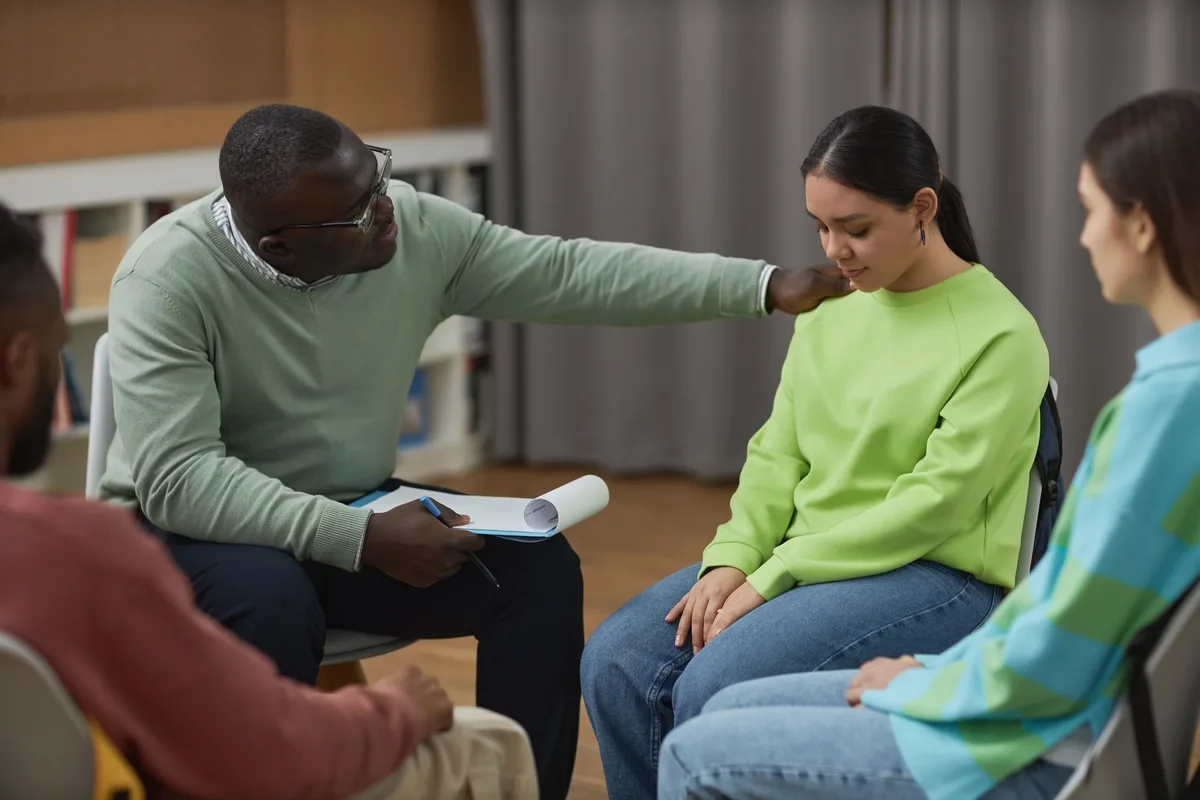24/7 Helpline:
(866) 899-221924/7 Helpline:
(866) 899-2219
Learn more about Aftercare Support centers in Kandiyohi
Aftercare Support in Other Cities

Other Insurance Options

Private insurance

Evernorth

UMR

Regence

Group Health Incorporated

Excellus

Choice Care Network

Lucent

AllWell

Horizon Healthcare Service

Medical Mutual of Ohio

Oxford

PHCS Network

Anthem

Highmark

BlueShield

Access to Recovery (ATR) Voucher

EmblemHealth

Holman Group

Covered California














